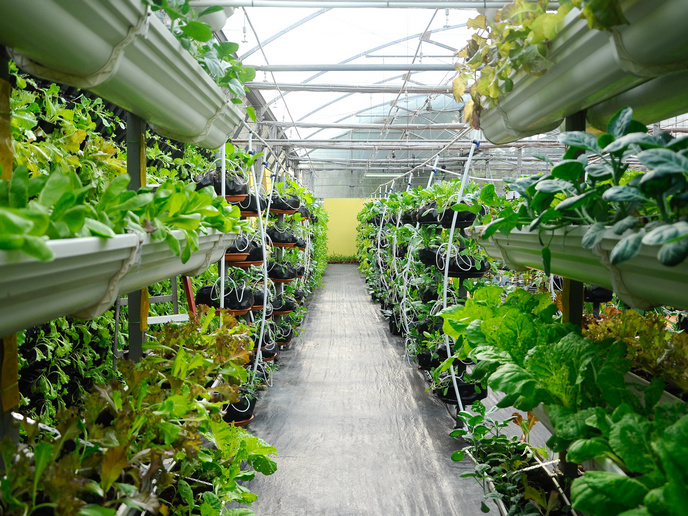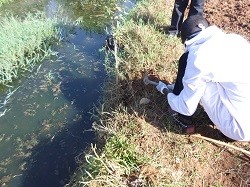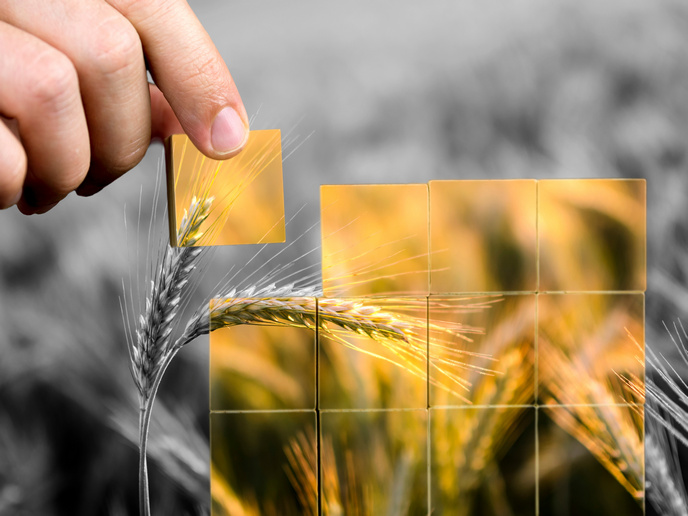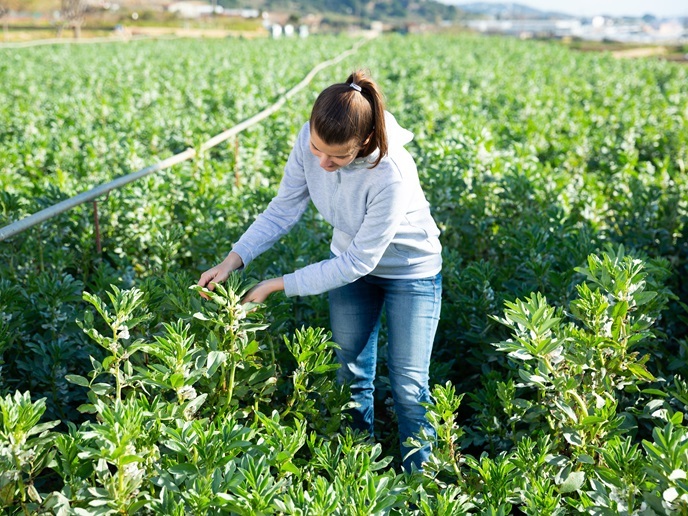Making indoor hydroponic farms profitable
Indoor vertical farming is a revolutionary new solution for addressing the challenges of traditional agriculture. With 80 % of arable land already in use, an additional 109 million hectares will be needed by 2050 to feed the population. Vertical farming grows crops in stacked layers in a controlled environment, using space efficiently and reducing the need for agricultural land. Growing plants indoors requires huge amounts of lighting, however. Vertical farms spend approximately 60 % of their revenue on electricity costs, meaning only 27 % of these businesses are profitable. The EU-funded FarMind project developed a smart lighting system that automatically provides the exact amount of lighting needed by the plant underneath it. The system is based on artificial intelligence (AI) and responds to the real photosynthetic needs of a plant. “By optimising the light spectrum, intensity and duration, and using smart control systems, FarMind can help vertical farms reduce their energy costs, making the business more financially sustainable and competitive,” says Tatsiana Zaretskaya, founder of Laava Tech(opens in new window) and project coordinator of FarMind.
Smart lighting system
The technology developed under the FarMind project is a precision farming system incorporating advanced sensors, lighting technology and AI. It starts by collecting real-time data using multiple types of sensors, which monitor the light levels each plant receives. “The information gathered isn’t just about the amount of light but also its quality, considering different wavelengths that can have varying effects on plant growth,” explains Zaretskaya. All this data is fed into an AI model trained to understand the optimal light requirements for different crops at various growth stages. It analyses the sensor data and determines whether the current light conditions meet the plant’s needs, before adjusting the lighting system to provide the right amount and quality of light to each plant. The AI also uses past data to forecast future needs. “This predictive capacity helps optimise resource use and promotes better crop growth by proactively adjusting conditions before a potential issue arises,” Zaretskaya notes.
Developing the technology
Through the FarMind project, the team focused on both the technological development and commercial viability of the system. “We started with the aim of creating an advanced, AI-driven precision farming system. We successfully developed and refined this technology, while also taking significant strides towards the commercial market,” adds Zaretskaya. The team conducted field trials to test the system’s effectiveness and made iterations to the technology. These trials provided essential insights into how the system would function in real-world scenarios and helped the researchers better understand the current market needs. “Additionally, our partnerships with various farms and agricultural organisations were steps towards establishing a market presence,” Zaretskaya notes.
Heading to commercial markets
The EU grant provided the necessary financial backing to carry out extensive research, develop the technology, and implement the initial tests. “The funding we received was a stepping stone that allowed us to develop an innovative solution and gain valuable insights into the requirements of the agricultural sector,” Zaretskaya remarks. “As we inch closer to the market launch, we are enthusiastic about the potential impact of FarMind on European farming and beyond.”







